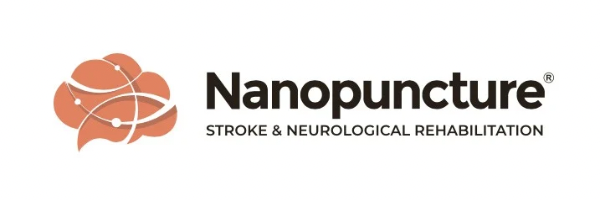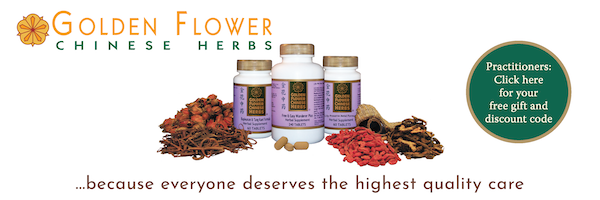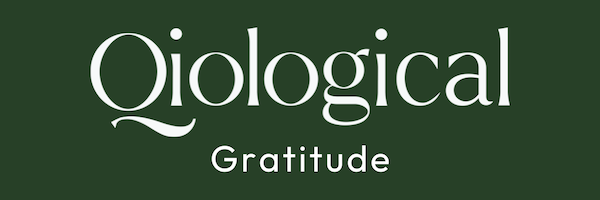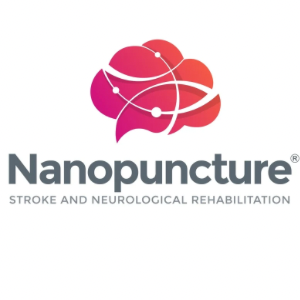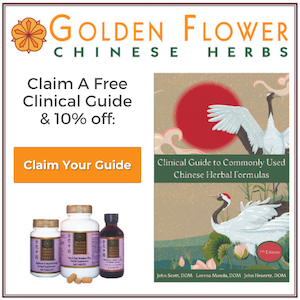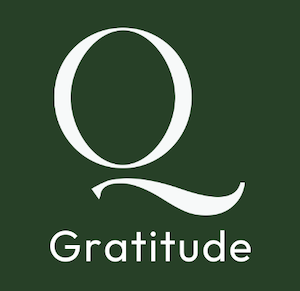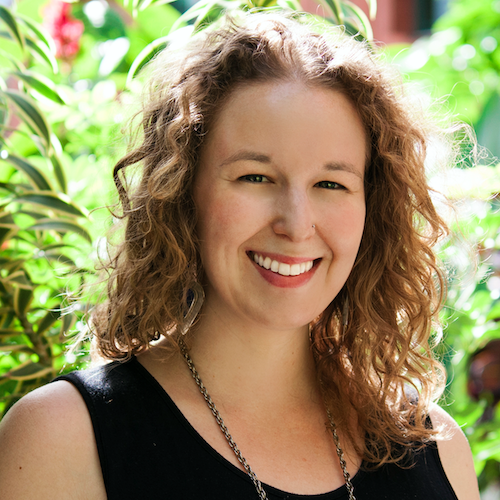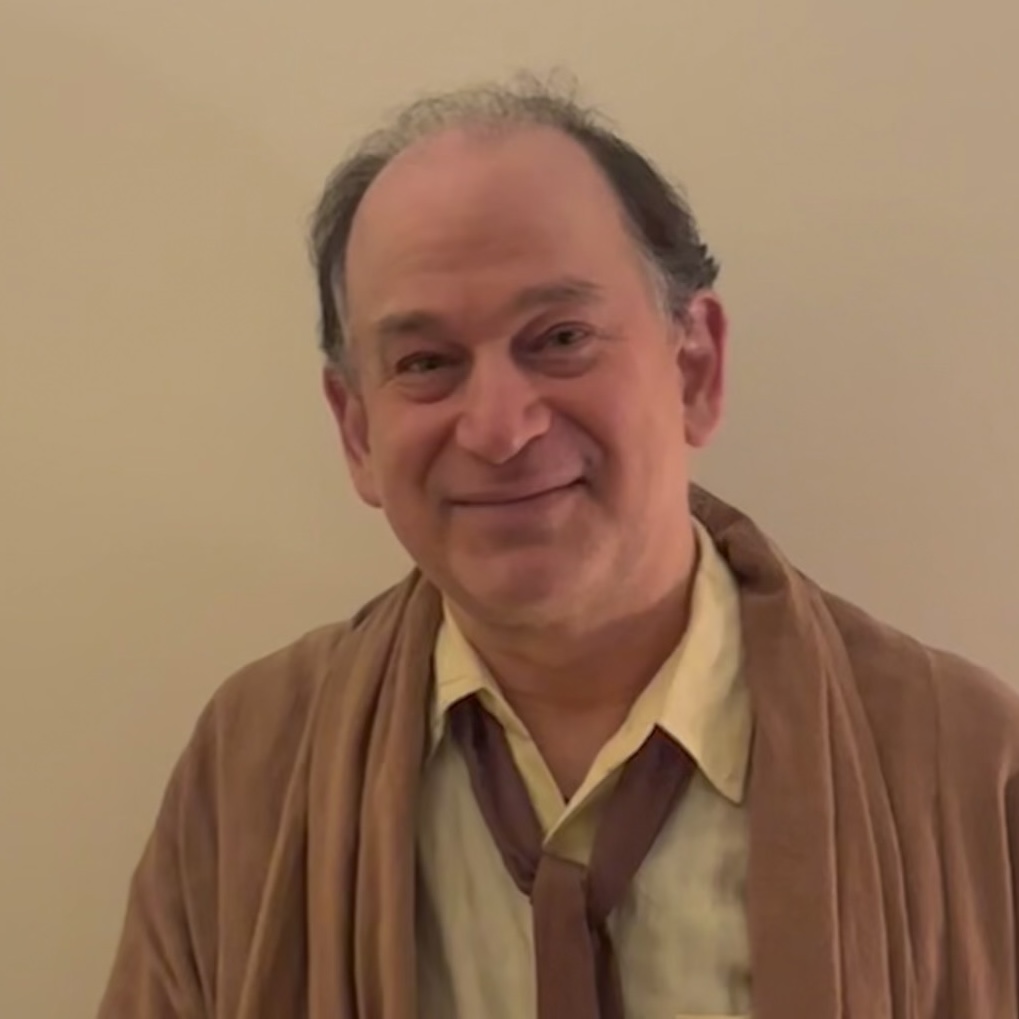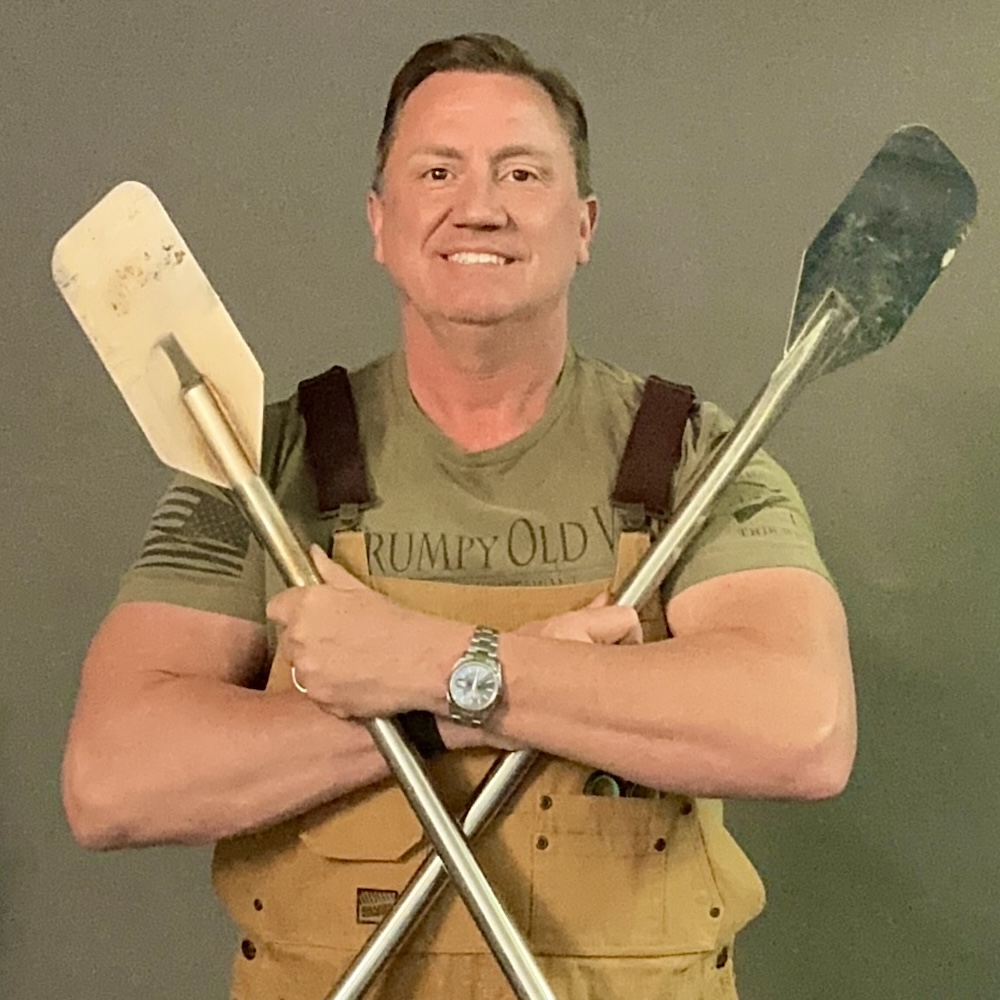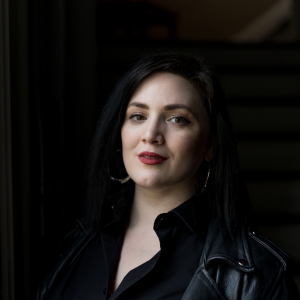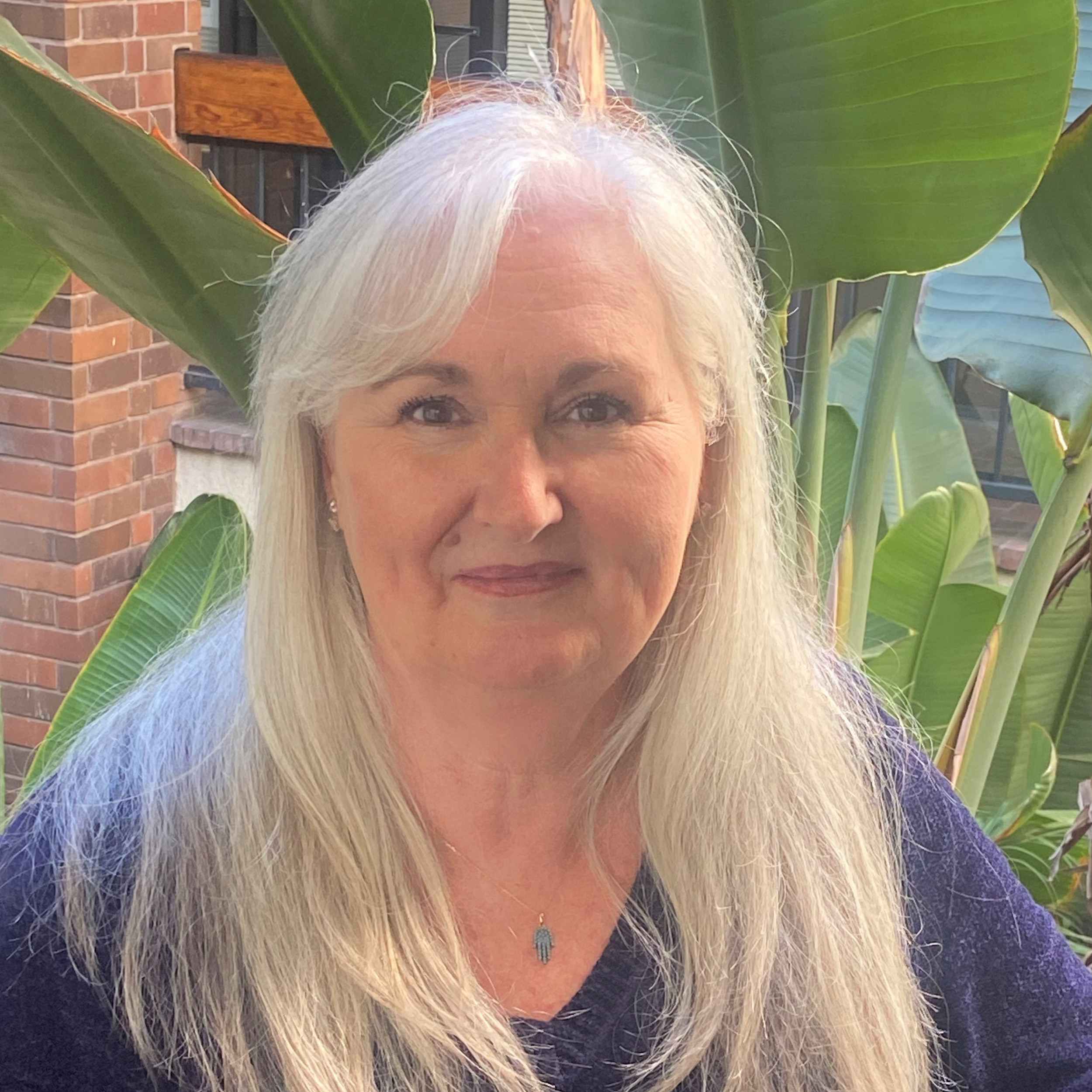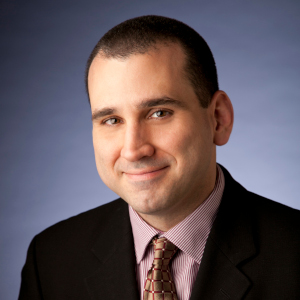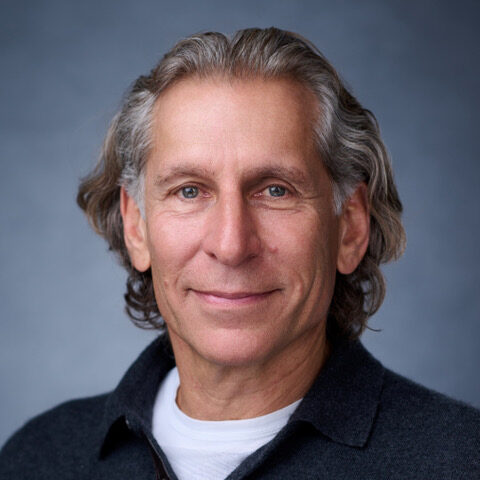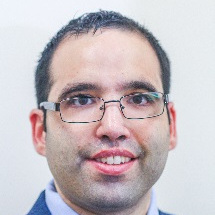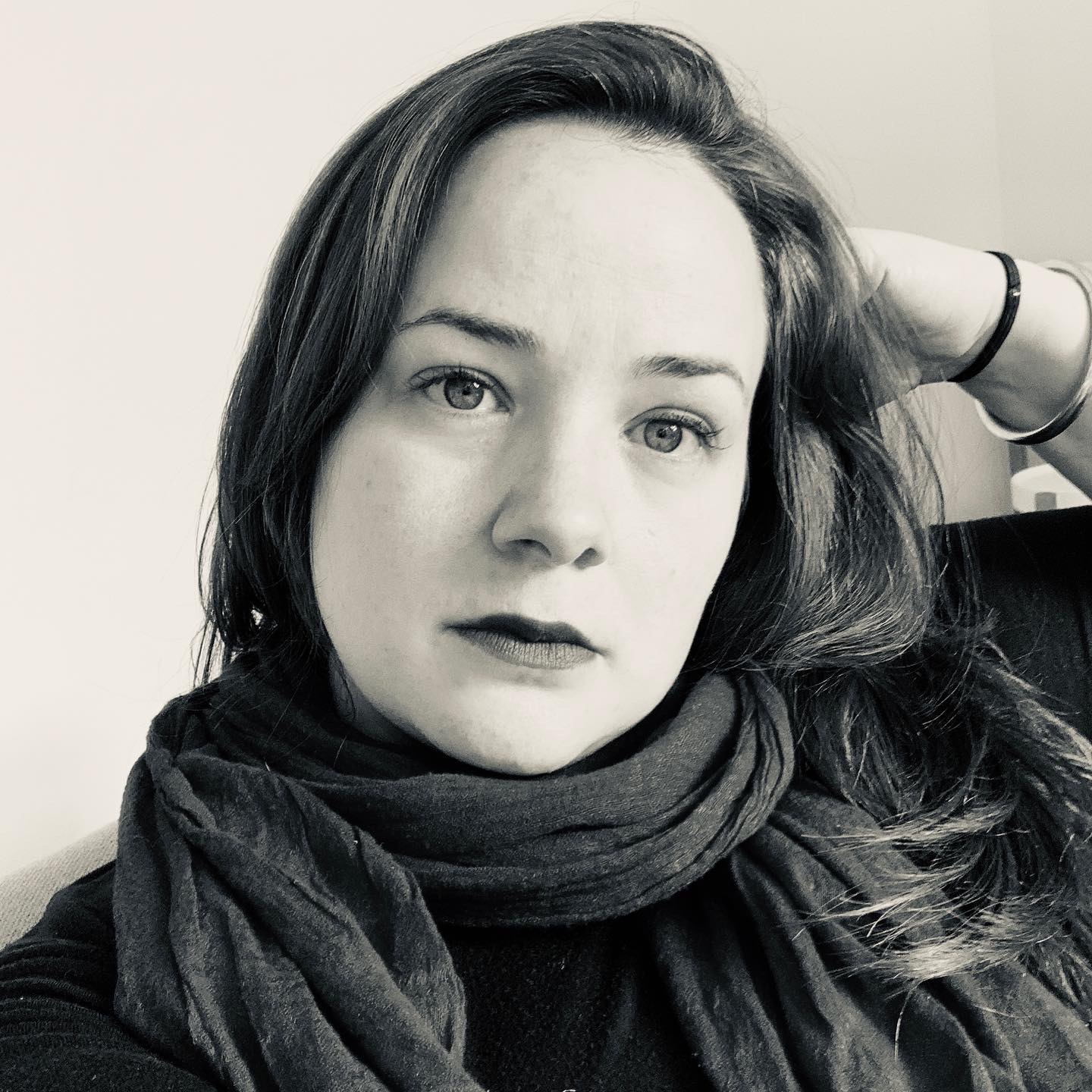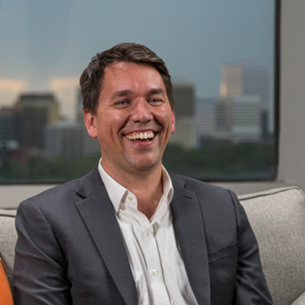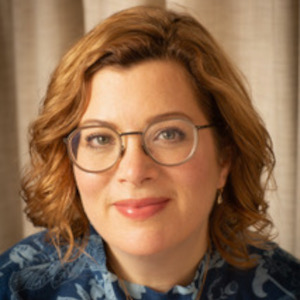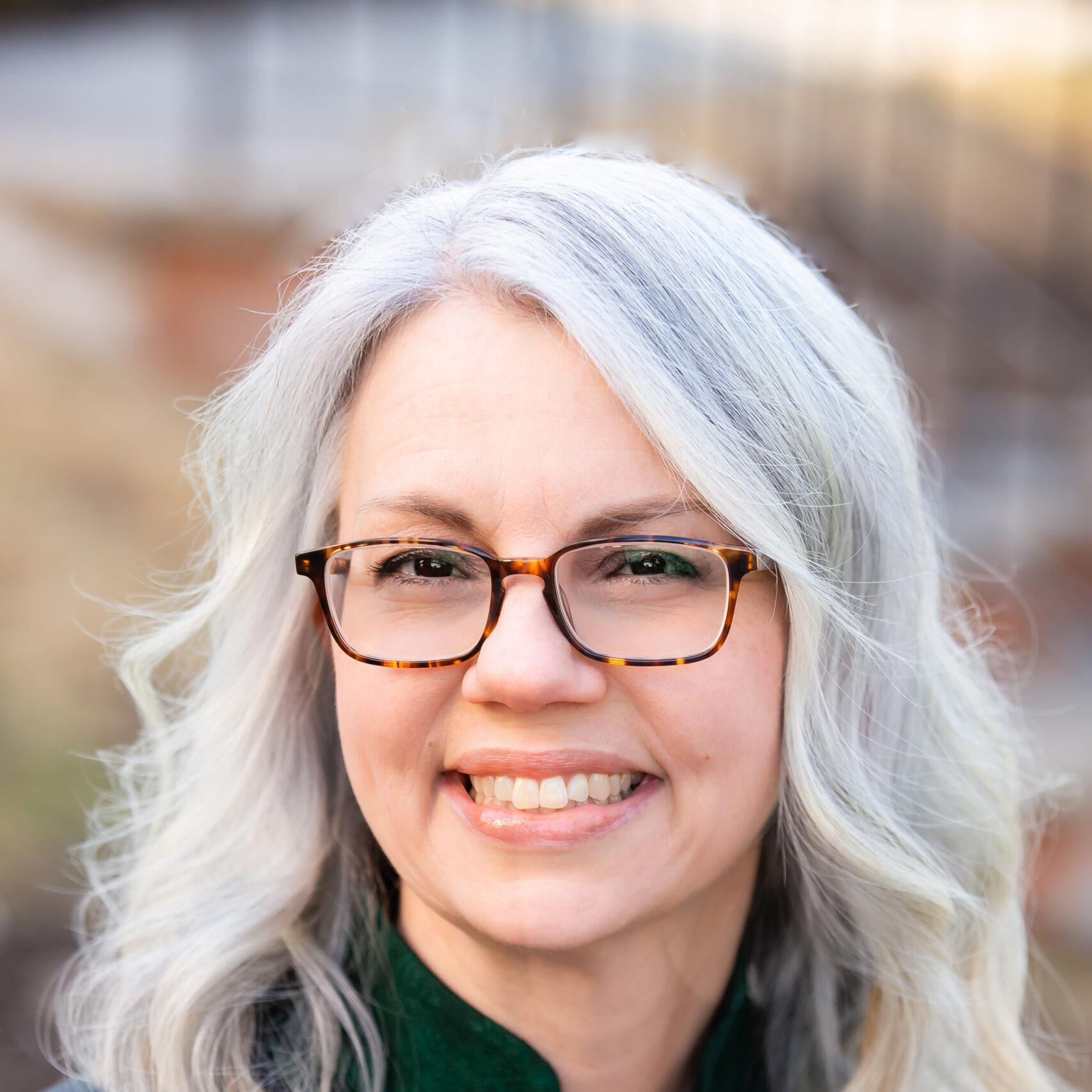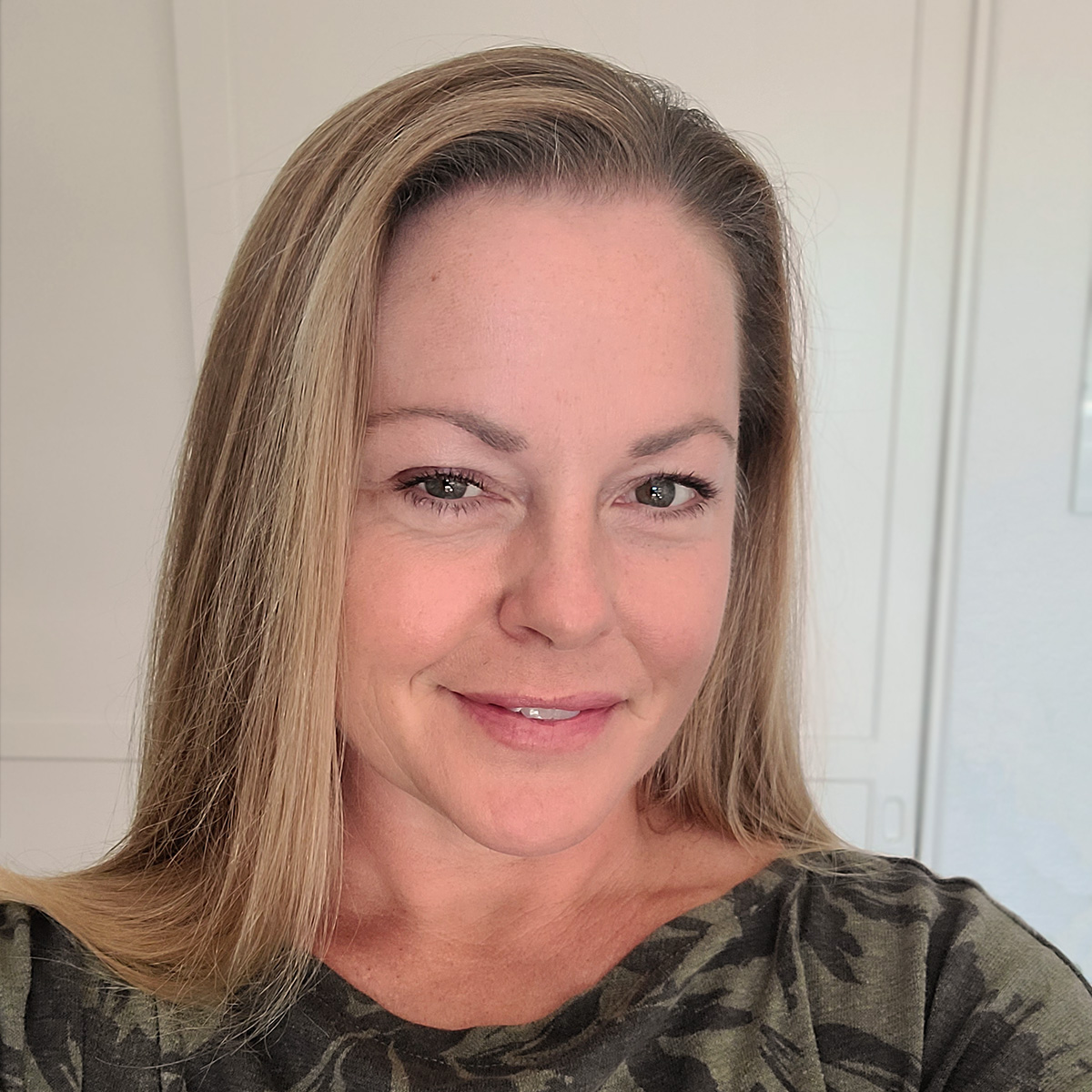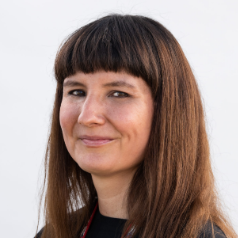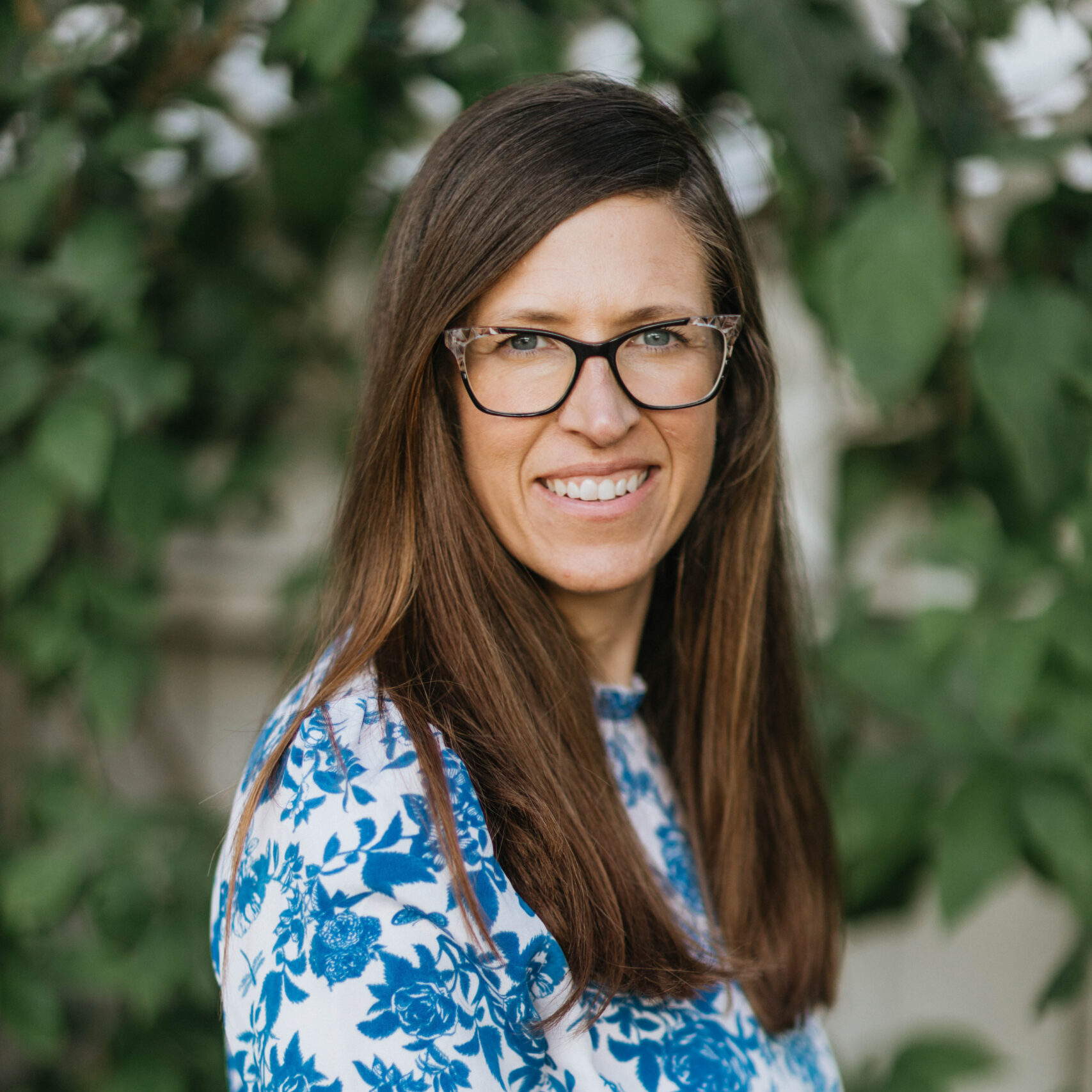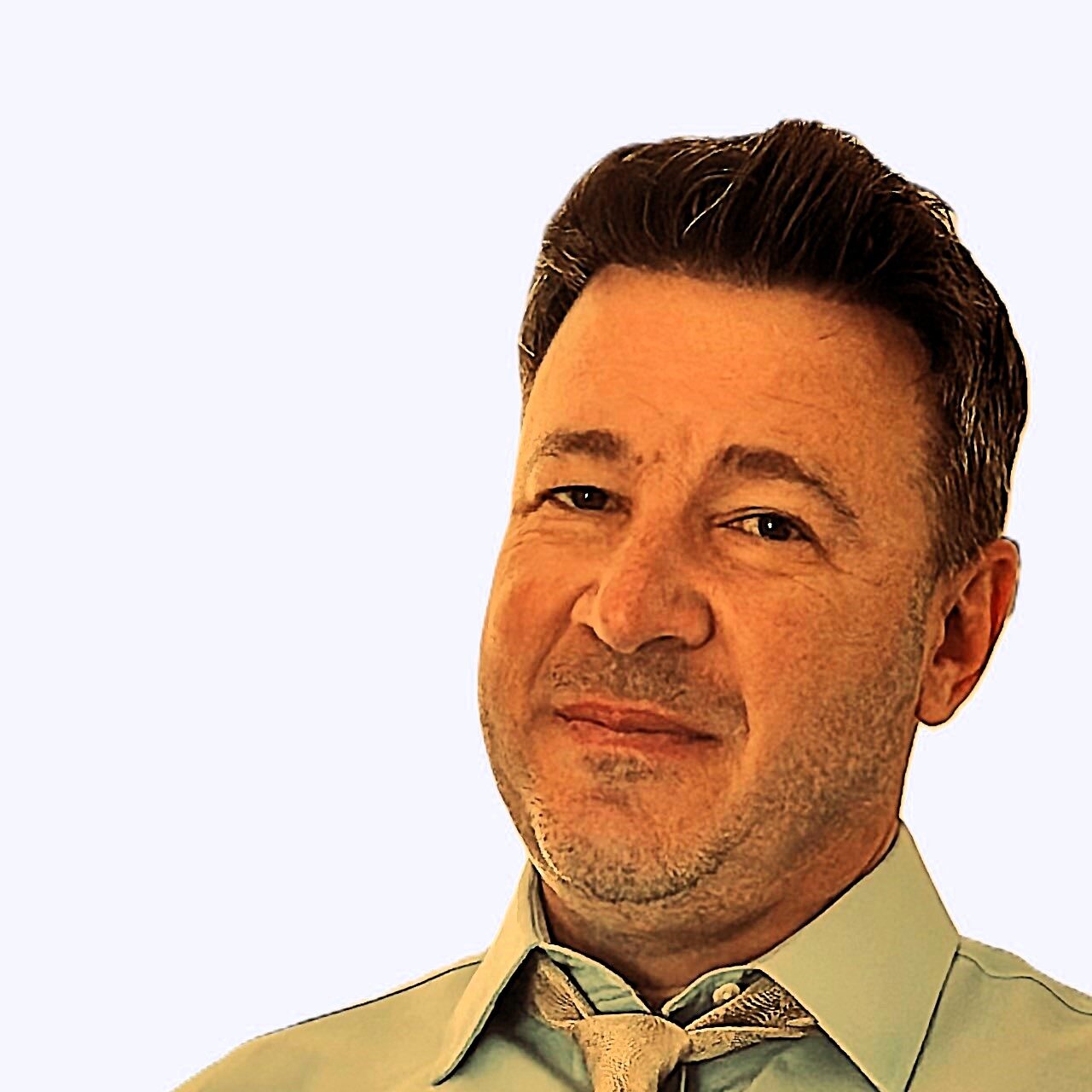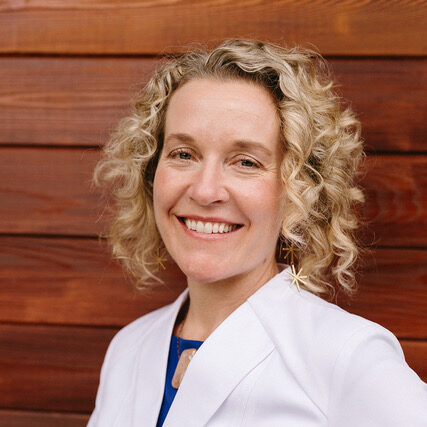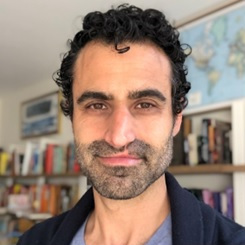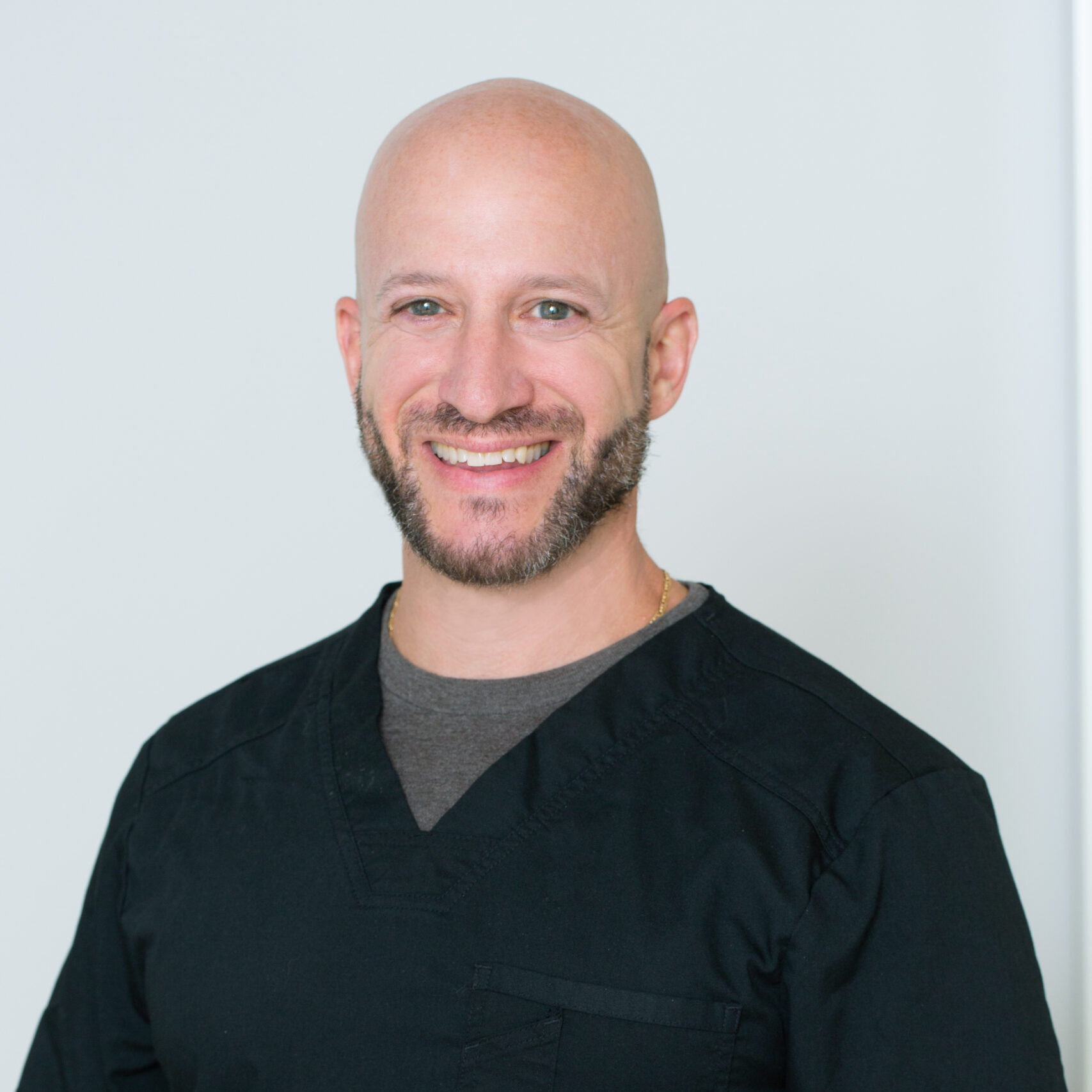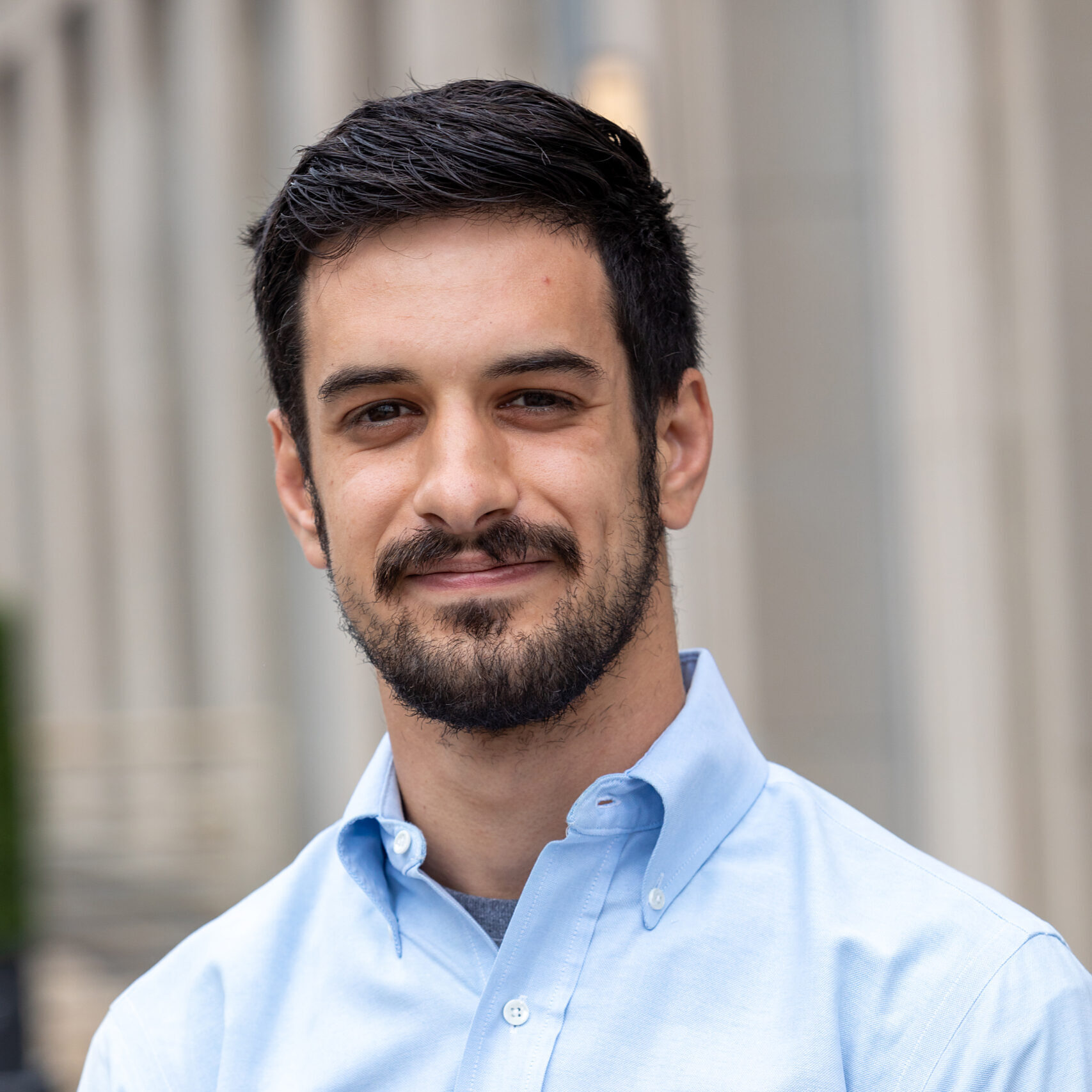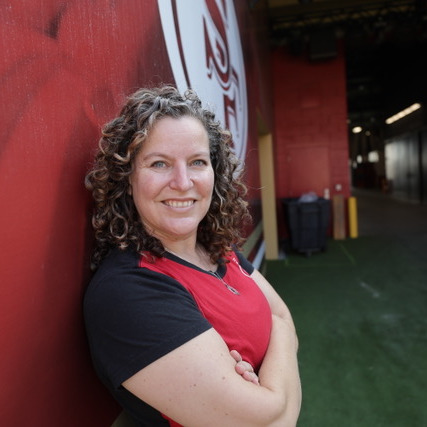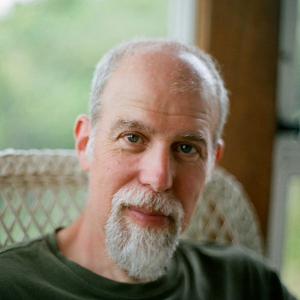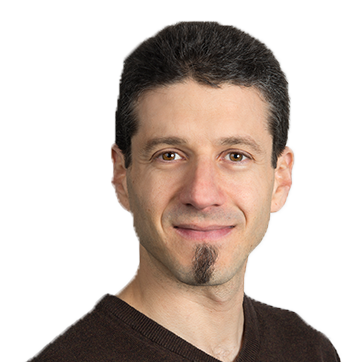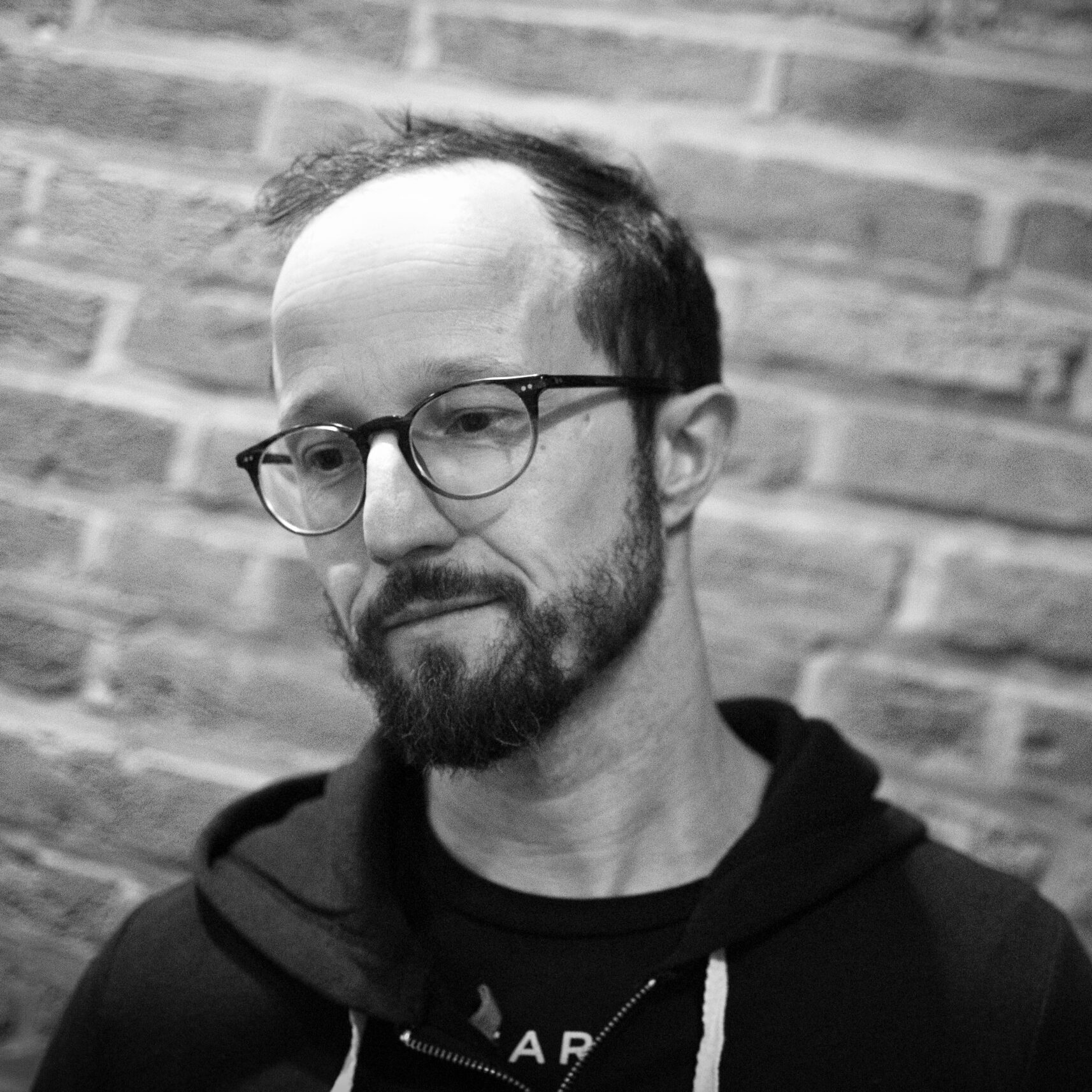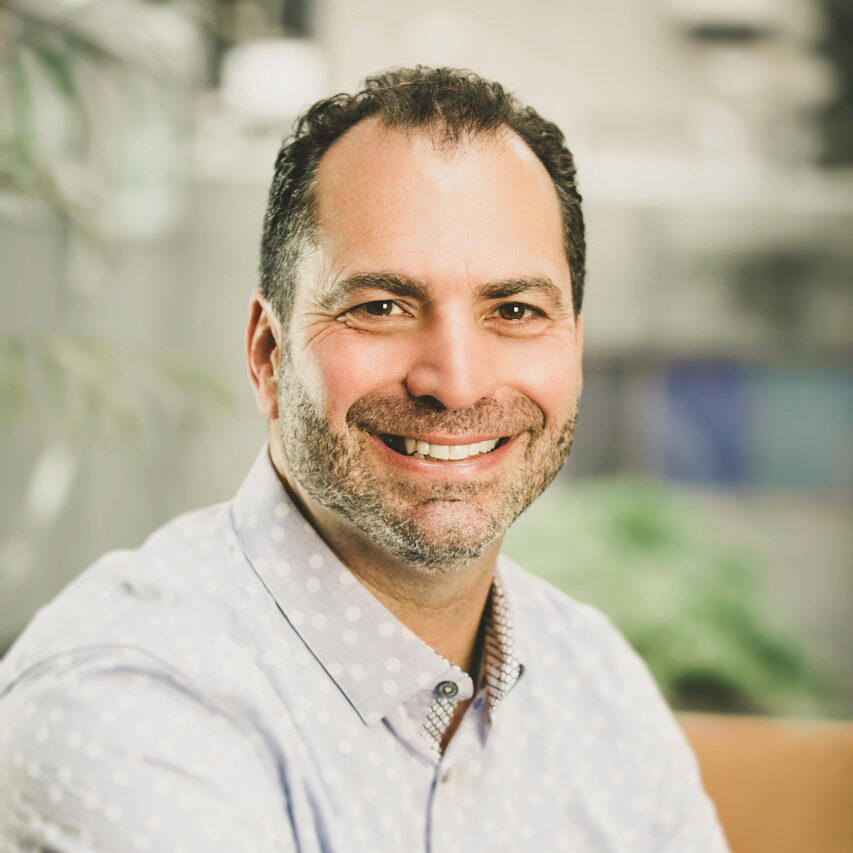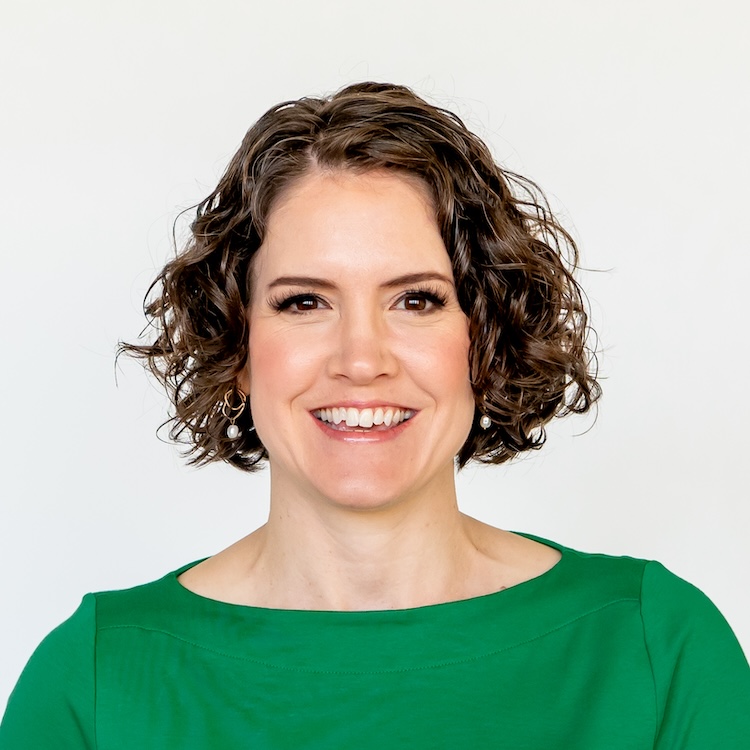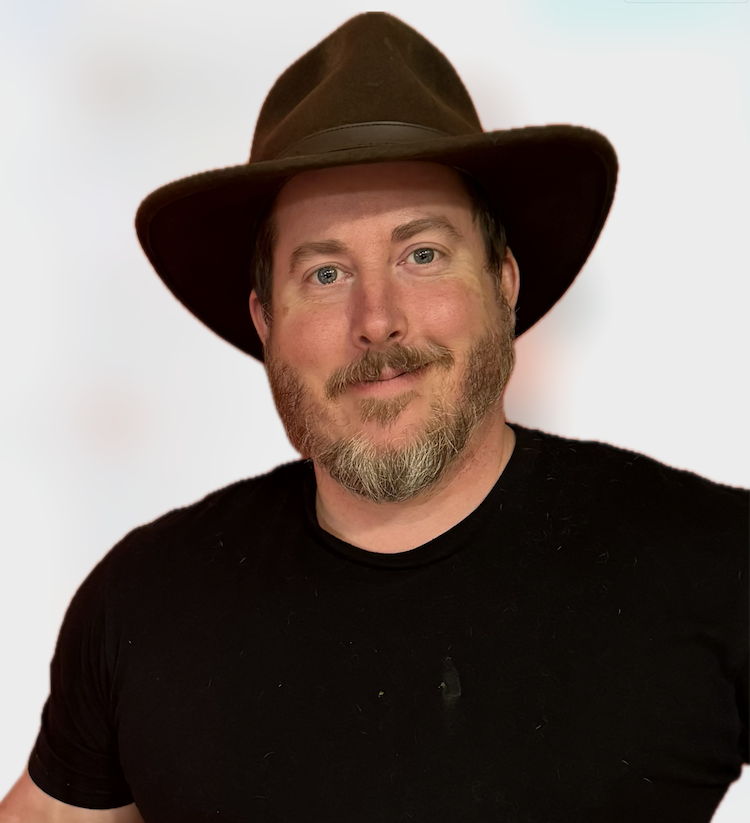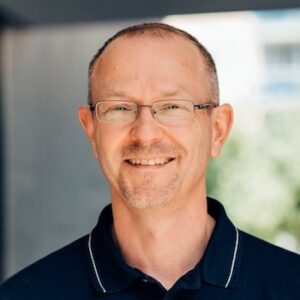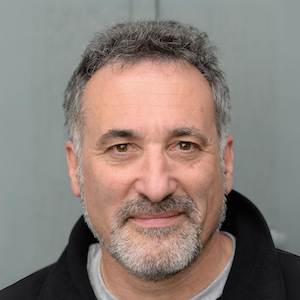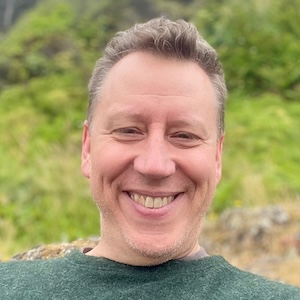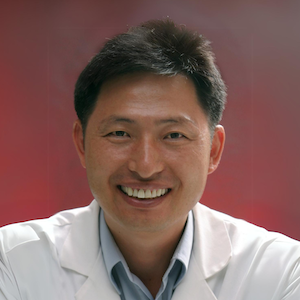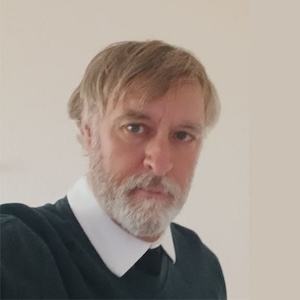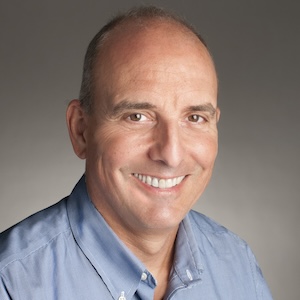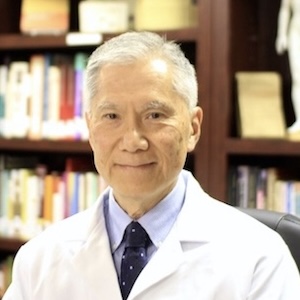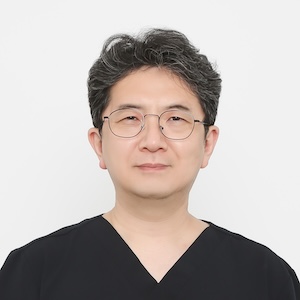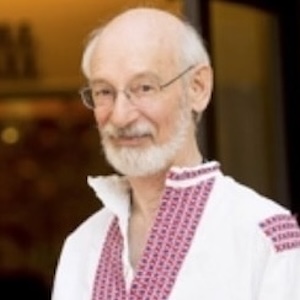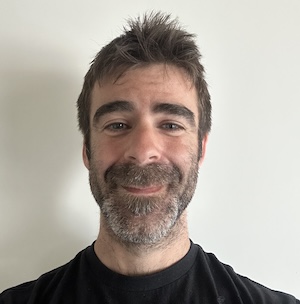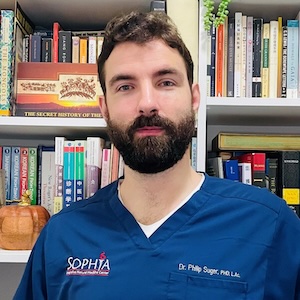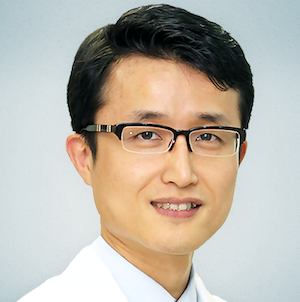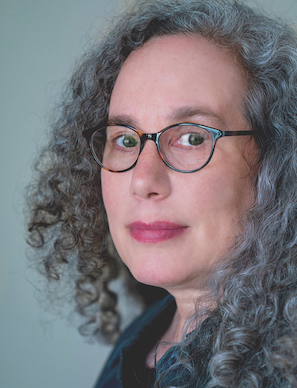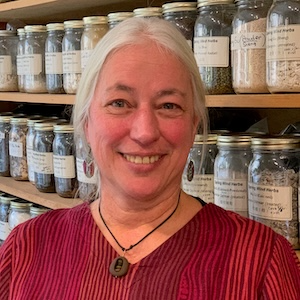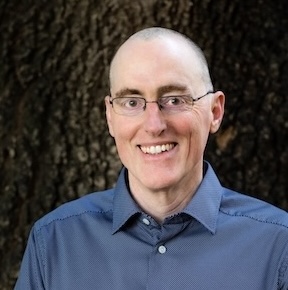Saam acupuncture with its unique channel pairings, perspective on psycho-emotional dynamics, and capacity to interweave the Five Phase with the Six Qi is a powerful tool for understanding the interplay of yin and yang along with body and mind.
In this conversation Joshua Park joins us to explore how Saam acupuncture gives us a holistic view that allows practitioners to approach diagnosis and treatment from multiple perspectives.
Listen into this discussion of how using multiple lenses gives a more dimensional understanding to your patient's condition. Along with how the Zi Wu “Chinese Clock” helps us to discern the interconnections between Heaven, Earth and Person, and how the flows of dissatisfaction and satiation are built into being human.
In This Conversation We Discuss:
- History and background of Saam acupuncture, including its association with a Korean monk and its relative obscurity outside of Korea.
- Unique aspects of Saam acupuncture, such as its incorporation of both the five phases and six qi principles, as well as its distinct channel pairings.
- Challenges of learning and applying Saam acupuncture, especially without a clear diagnostic framework.
- The insights Saam acupuncture can provide for understanding the relationships between the channels and the five phases/six qi.
- Psycho-emotional aspects of Saam acupuncture, as described by Korean acupuncturist Kim Hong Kung.
- Clinical importance of balancing satisfaction and dissatisfaction, and understanding their contextual nature, rather than seeing them as inherently good or bad.
- The connection between the taiyang (urinary bladder and small intestine) channels and their role in protecting the heart.
- Rhythm and interplay of satisfaction and dissatisfaction, and how this relates to the flow of qi through the channels.
- The current state of Saam acupuncture in the West, with some key teachers and resources mentioned.
The real power of East Asian Medicine lies in its framework, not its tools or techniques. What ultimately heals is attention to context and restoration of proper relationship.
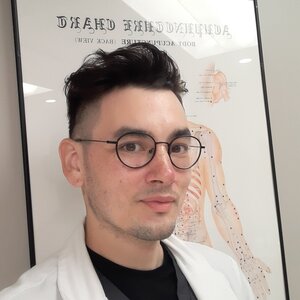 Joshua Park, DSOM, L.Ac
Joshua Park, DSOM, L.Ac
I entered the East Asian Medicine field after a series of acupuncture and herbal treatments were able to permanently resolve a debilitating digestive illness. Since then, I have dedicated myself to empowering others to transform their lives and attain flourishing health with East Asian Medicine.
I received my doctorate at the National University of Natural Medicine in Portland, Oregon, where my training focused on the theory and application of classical medical texts. I then spent four years as part of the Division of Integrative Medicine at the Memorial Healthcare System in South Florida and have taught Korean Acupuncture and Herbal Medicine at Wongu University in Las Vegas. I currently practice in Orange County, California, at a clinic specializing in neurological conditions and autoimmune diseases.

